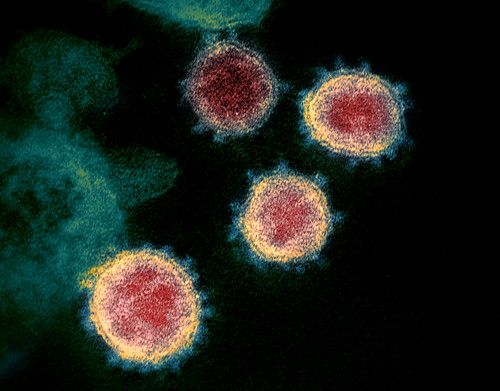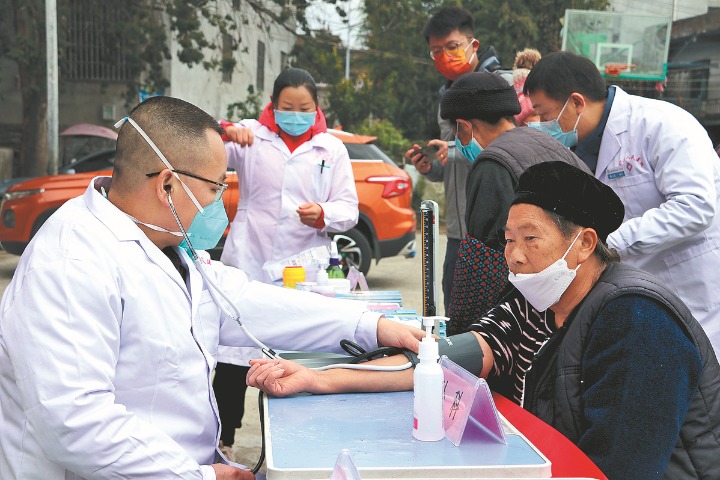Myth buster: 10 rumors about novel coronavirus
Since the outbreak of novel coronavirus pneumonia in Central China's Wuhan city, rumors and disinformation about the disease have been spreading, even more quickly than the virus. To dispel fake news and present the truth, here we list some of the rumors spread extensively.

Claim: Novel coronavirus has mutated into a more deadly strain
The novel coronavirus has evolved into two major subtypes, according to latest research findings by Chinese scientists.
The two major subtypes are named L and S. The L type, covering 70 percent of the strains examined, is more aggressive and was more prevalent in the early stages of the outbreak in Wuhan, Hubei province. But instances of the S type, which is older and less aggressive, have increased in frequency lately, thus possibly explaining the disease's slowing momentum in China.
The conclusion is still speculative at this stage, and there's no evidence yet showing which type of virus is more likely to be transmitted or lead to severe symptoms to people infected.
A virologist in Beijing who spoke on condition of anonymity said, "It is still too early to say if the virus has mutated into something more sinister or more benign."
Claim: Recovered patients who test positive again can transmit the virus
There is currently no evidence that patients testing positive again after recovery from the coronavirus can transmit the virus, said Du Bin, a director at the Peking Union Medical College Hospital.
Tong Zhaohui, vice-president of Beijing Chaoyang Hospital, said patients who test positive again after recovery from the virus are not "reinfected" or "relapsed". They test positive again because a bit of the virus still remains in their bodies when they are discharged from the hospital. It takes some time for the virus to be eradicated from the bodies of some patients, especially seniors.
Recovered COVID-19 patients should be quarantined for 14 days after being discharged from the hospital, according to the latest version of the guideline on the diagnosis and treatment of COVID-19 released by the National Health Commission.
Please feel free to contact us by sending your questions to question@chinadaily.com.cn or commenting on China Daily app. We will ask experts to answer them.














